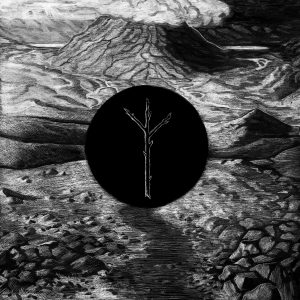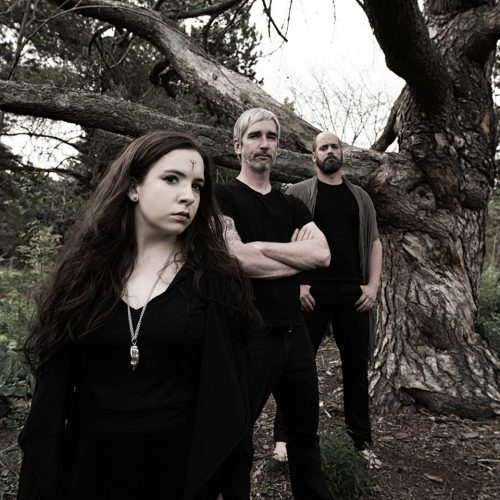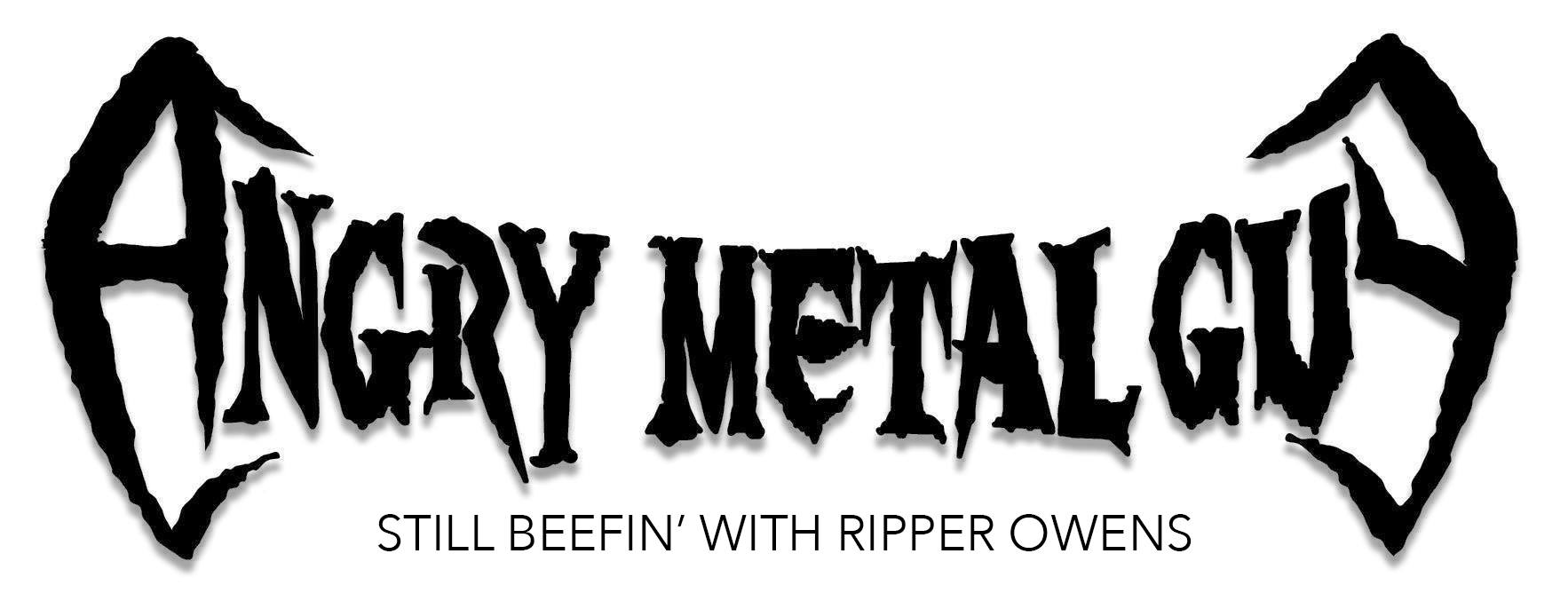 What is doom? The dictionary defines it as “death, destruction, or some other terrible fate.” Black Sabbath attempted, and most obviously succeeded, in transferring their fascination with nuclear annihilation and dystopian worlds into music. Dread, despair, and impending doom were forged when Tony Iommi dragged his world-weary, calloused, and disfigured hands over the steel of his signature Epiphone. What is doom metal, then, when the lead guitar is replaced by the dreamy and ethereal violin? How can dread and despair pass through the strings of a fragile violin? Experimental doom trio Völur – made up of a drummer, bassist, and violinist – describe doom music as being “about slow contemplation and the transfixing power of heaviness” and they attempt to grasp this through the varied use of violins and cellos. Formed in Toronto, Ontario, Ancestors is the second album of a four-album series, continuing the loose concept of spotlighting various elements of the old Germanic world. Ancestors focuses on the men of these sagas, presenting their stories of heroism and death through the vehicle of the violin.
What is doom? The dictionary defines it as “death, destruction, or some other terrible fate.” Black Sabbath attempted, and most obviously succeeded, in transferring their fascination with nuclear annihilation and dystopian worlds into music. Dread, despair, and impending doom were forged when Tony Iommi dragged his world-weary, calloused, and disfigured hands over the steel of his signature Epiphone. What is doom metal, then, when the lead guitar is replaced by the dreamy and ethereal violin? How can dread and despair pass through the strings of a fragile violin? Experimental doom trio Völur – made up of a drummer, bassist, and violinist – describe doom music as being “about slow contemplation and the transfixing power of heaviness” and they attempt to grasp this through the varied use of violins and cellos. Formed in Toronto, Ontario, Ancestors is the second album of a four-album series, continuing the loose concept of spotlighting various elements of the old Germanic world. Ancestors focuses on the men of these sagas, presenting their stories of heroism and death through the vehicle of the violin.
Ancestors consists of four long tracks, the shortest running at just over ten minutes, that descends from a sense of calm and controlled contemplation to a gushing and unrestrained heaviness. Fifteen-minute opener “Breaker of Silence” opens dreamily: the fragile clank of wind chimes, the deep reverberations of a cello, and feathery siren-like vocals interlace like layers of fog. Steadily, it builds until naturally it begins to rupture. At the four-minute mark the terse and expressive twang of the bass – played by Blood Ceremony’s Lucas Gadke – merges with the naked simplicity of the drums. It picks up in intensity stealthily; the bass begins to maraud, the drums grow to an aggressive stomp, and the stringed instruments cast harsher layers of friction. At the eight-minute mark “Breaker of Silence” is a storm of interlaced clean vocals – male and female -, scratching violin sounds, harsh growls, fuzzified bass lines and clashing drums. Duel violins clash as the dissonant merges with the melodic. The first six-minutes serves its purpose and the final four-minutes, a contemplative conclusion, adds little to the preceding.
“Breaker of Skulls” is heavier once again. The bass carries the weight of four guitars as its fuzz merges with the soaring sharpness of violins. Oddly dissonant bass lines, sounding somewhat like communications from an alien vessel, merge with harsh growls, fragmented violin lines, and bass-heavy drumming. The song layers harsh ambient noise and fuzz to uneasy effect. The violins fluctuate between out-of-tune and dissonant to wonderfully clear and sweet. As the song builds to its end, the violin unravels in such a pristine manner that clean guitar tones seep from its fragile strings. An extended solo, sombre and melancholy, soars and comes to a crashing and intense end.
The stringed instruments take centre stage during “Breaker of Oaths,” too, as a rich cinematic opening of violins, stand-up bass, cellos, and pianos merge with disembodied, witch-like whisperings and scratching background noise. As with most of the album, it’s this subtle interweaving of sounds, wrapping the listener in its cocoon of misery, that works so well. When the song does get going at the three-minute mark it all becomes less immersive and rather tedious. A simple bass-led throb, accompanied by generic sounding violins and wispy male vocals, continues for four uninspiring minutes. The song then falls apart completely, jumping between roughly segmented moments of airy folk, noise, beauty, sullenness, and 90s inspired death-doom. “Breaker of Oaths” suffers the most from not having a guitar to fill the gaps.

Final track, the sixteen-minute “Breaker of Famine,” is the heaviest sonically. The bass droops and cranks at a subterranean layer, cellos moan, violins morph into wind-like cries, feedback looms, tempos unnaturally shift, and a general sense of unease flutters through the mix before an explosion of death-flavoured noise occurs. A whirlwind of feedback, growls, and incessant drumming suffocates before the song segues organically into a Sabbath-esque section of plodding grooves and bluesy licks. For the first time there’s a real sense of fist-pumping energy, however the final six-minutes reverts back to the flowery inconsistency of “Breaker of Oaths,” failing to strike a profound chord.
Ancestors sounds excellent. It’s given the space to spread its tendrils of doom consistently. It is, however, an album that shows many signs of excellence, but this excellence is accompanied by underdeveloped and rough sections that fail to stabilize it. Looseness and inconsistency of structure makes Ancestors a difficult album to take in. Songs could be shortened and progressions polished. Völur definitely have something unique here and they’re certainly a band to keep a close eye on.
Rating: 3.0/5.0
DR: 7 | Format Reviewed: 320 kbps mp3
Label: Prophecy Productions
Websites: volur.bandcamp.com | facebook.com/VolurDoom
Releases Worldwide: June 2nd, 2017

















